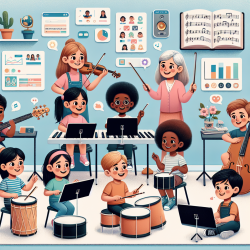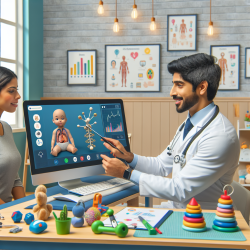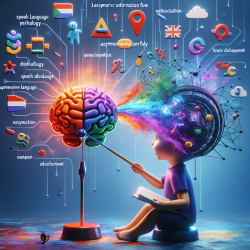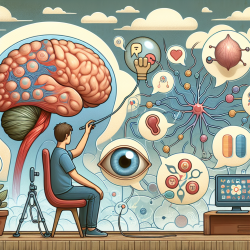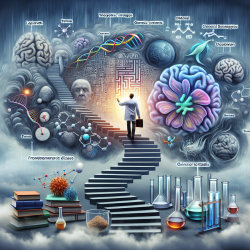At TinyEYE, we are committed to leveraging innovative and evidence-based interventions to support children’s educational journeys. A recent study titled Effectiveness of Music Education for the Improvement of Reading Skills and Academic Achievement in Young Poor Readers: A Pragmatic Cluster-Randomized, Controlled Clinical Trial provides compelling evidence on the positive impact of music education on reading skills and academic achievement in young readers.
The study involved 235 children with reading difficulties, aged 8 to 10, from ten schools in an impoverished zone in São Paulo. The intervention group received music education classes three times a week for five months, while the control group did not. Two analysis methods were used: Intention-to-Treat (ITT) and Complier Average Causal Effect (CACE). While ITT showed only marginal effects, CACE analysis revealed significant improvements in reading skills and academic achievement among children who complied with the music classes.
Key Findings
- Improved Reading Accuracy: Children in the intervention group read 13.98 more correct words per minute than those in the control group.
- Enhanced Phonological Awareness: Significant improvements were observed in phonological awareness among children who complied with the music classes.
- Academic Achievement: Positive growth in Portuguese and math grades was noted among children in the intervention group, indicating that music education can have a broader academic impact.
These findings suggest that music education can be a valuable tool for improving reading skills and academic performance in young readers. Here are some practical steps practitioners can take to implement these findings:
Practical Steps for Implementation
- Integrate Music Education: Schools and practitioners should consider incorporating regular music classes into the curriculum, focusing on activities that promote rhythm, melody, and harmony.
- Monitor Compliance: Ensure that children regularly attend music classes to maximize the benefits. Tracking attendance and engagement can help identify and address barriers to participation.
- Collaborate with Music Educators: Work closely with trained music educators to design and implement a structured music education program that aligns with educational goals.
- Assess and Adapt: Continuously assess the impact of music education on reading skills and academic performance. Use data-driven insights to adapt and refine the program for better outcomes.
Encouraging further research in this area is crucial to understanding the full potential of music education as an intervention for reading difficulties. Future studies should consider larger sample sizes, placebo interventions, and measures related to developmental antecedents to build a more comprehensive understanding.
To read the original research paper, please follow this link: Effectiveness of Music Education for the Improvement of Reading Skills and Academic Achievement in Young Poor Readers: A Pragmatic Cluster-Randomized, Controlled Clinical Trial
